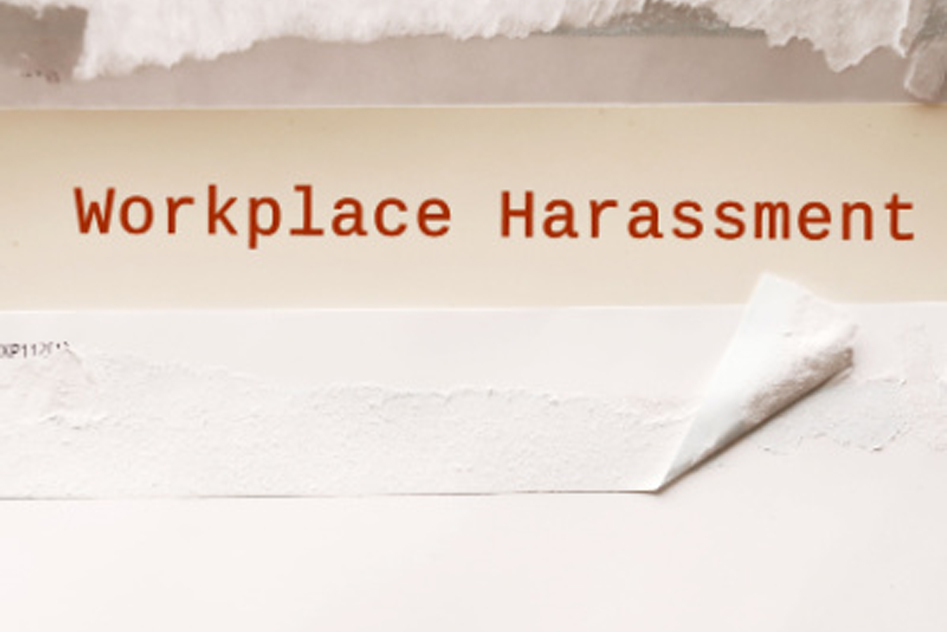On July 29, 2024, the California Supreme Court issued a unanimous opinion in Bailey v. San Francisco Dist. Attorney Office, Cal., No. S265223 and held that the employee’s claims of racial harassment should proceed to jury trial, as well as that the trial court’s decision to dismiss the case in favor of the employer was in error.
Background
After a California employee alleged a coworker directed a single racial slur at her, the California Supreme Court held that the standard for evaluating workplace harassment “should be judged from the perspective of a reasonable person in the plaintiff’s position” and that “the one-time use of a racial slur” can give rise to actionable harassment.
Also, in overruling the lower court’s decisions, the supreme court held that the status of the individual who utters the slur (e.g., a supervisor) may be a “significant factor” but must also be considered “as part of the totality of the circumstances.”
A single racial slur spoken by a coworker can therefore rise to the level of a hostile work environment under California law that results in employer liability. Remember that in most cases, an employer is automatically liable for a supervisor’s actions (i.e., the employer can’t present any defense) and will be liable for nonsupervisory employees’ actions when the employer is found to be negligent.
While the merits of this case haven’t been tried, the decision makes clear that single-use slurs can create a triable issue and impart liability on employers for their failure to take corrective action.
For employers in Maryland, Virginia, West Virginia, North Carolina, and South Carolina, the 4th Circuit (which governs employers in these states) has also held that a single or discrete incident may be sufficient to establish a hostile work environment. Boyer-Liberto v. Fontainebleau Corp., 786 F.3d 264 (4th Cir. 2015).
Takeaway
Employers must remain mindful of potential hostile work environments and diligent in enacting and properly enforcing policies against workplace harassment; appropriately training managers and employees; ensuring an easy-to-use and accessible complaint process is in place; and promptly and thoroughly investigating any harassment, discrimination, or retaliation complaint.
Robert N. Drewry is an associate at the firm Whiteford, Taylor & Preston LLP and can be reached at rdrewry@whitefordlaw.com.

